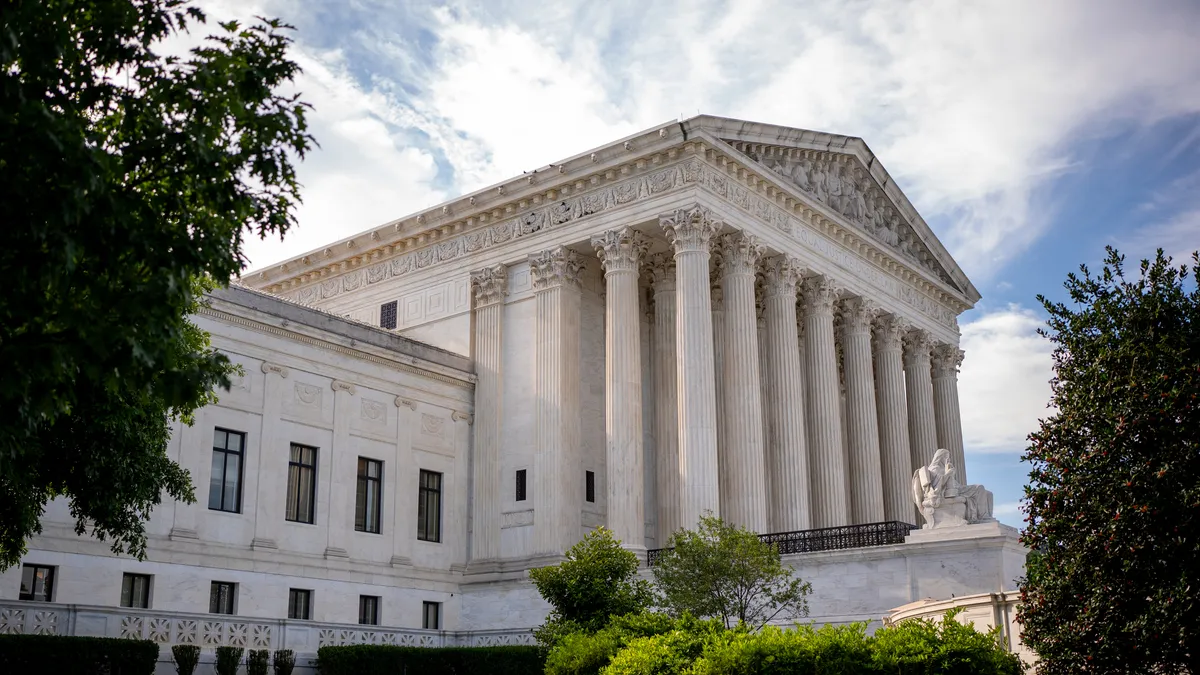The Supreme Court’s high-profile swipe at administrative agencies in Loper Bright, Corner Post and Jarkesy attracted headlines but those weren’t the only cases affecting businesses that the justices decided in this consequential term. The top court handed down decisions that will have lasting impact on labor and employment practices, internal governance and arbitration.
Former Solicitor General Gregory Garre went so far as to call Starbucks v. McKinney, a labor case, the most significant employment and arbitration case in years during a Latham & Watkins webcast recapping the Supreme Court’s term.
In that ruling, involving the world’s largest coffeehouse chain, the justices held that a lower court should not have granted the National Labor Relations Board’s request to order Starbucks to reinstate seven employees. Starbucks allegedly fired them for engaging in union organizing activity.
Writing for the Court, Justice Clarence Thomas said the NLRB had to first show it was likely to win on the merits; that the employees would suffer irreparable harm without the injunction; that the balance of equities tipped in the employees’ favor; and that an injunction was in the public interest. Without meeting all four of those factors, the court found the NLRB was not entitled to an injunction.
“It’s a very important decision because the NLRB largely had free rein before,” Garre said on the webcast. But now, the ruling appears to make it more difficult for the labor board to obtain injunctions to punish companies for stifling union activity.
Despite its reputation as a pro-business Court, not all of the workplace-related rulings favored companies. Garre highlighted the unanimous pro-employee rulings in a handful of lower-profile cases:
- Muldrow v. City of St. Louis holding that an employee claiming a job transfer was discriminatory under Title VII need only show that the transfer brought some harm – rather than significant harm – with respect to a term or condition of employment.
- Murray v. UBS providing a victory for whistleblowers in finding that they are not required to prove that their employer acted with retaliatory animus.
- Bissonnette v. LePage clarifying that job duties are key to exempting employees from federal arbitration law.
Speaking with Legal Dive earlier this year, Haynes and Boone partner Kurt Gottschall called the whistleblower ruling “a game changer” because it shifts the burden of proof. “[This] will tilt the playing field in favor of employees,” he said.
Garre acknowledged the employee wins, but concluded employers were the big winners on the regulatory front. “The conservative justices really flexed their muscles in scaling back administrative agency power,” he said.










